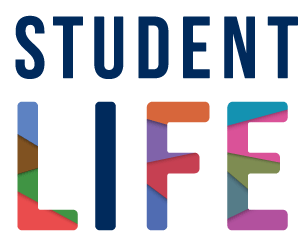Here are the steps to take to apply to graduate school(s):
1. Start early
It is important to start the application process early – it often takes more time than you think to gather your references, transcripts, writing sample, personal statement, resumé/CV, and any additional materials required.
Your first step is to contact individual schools for admission packages, which will detail everything you need to include in your application.
2. Prepare your references
References who make a strong case on your behalf can significantly add to your chances of getting into grad school. You will need between three and four references who can confirm your ability to succeed in and contribute to your program of study. References are usually professors and possibly people working in the field.
To ensure a strong reference, approach references early in the application process. If you are still an undergraduate, get to know your instructors and participate in class. Make yourself memorable to your potential references so that they can speak to your strengths later on.
Send a polite request email outlining how you know the individual and why you need the reference letter. Send them copies of your CV, transcript and remind them which of their courses you took. Ask them to highlight how your academic ability, accomplishments and experience match the area that you are interested in. Inform your references about which schools and programs you have applied to so that they will be prepared in case they are contacted. Thank your references.
3. Request transcripts
When ordering official transcripts from your college registrar, allow time for processing and take care to include complete addresses with your order.
4. Submit a Curriculum Vitae (CV) or résumé
Most programs will request a CV or resumé as part of the application. Although some programs specifically request a CV, not everyone is in a position to write a formal CV (which typically focuses on research and teaching experience). For students coming out of an undergraduate degree with little teaching or research experience, the required CV will most likely take the form of a modified chronological résumé targeted towards academia.
Refer to Create your academic CV and cover letter and Create your résumé and/or cover letter for help.
5. Write your personal statement
Most programs will require you to write a personal statement, also known as a letter of intent, personal essay, statement of purpose or application essay.
Refer to Write your personal statement for help.
6. Write admissions tests
Find out if your program requires an admissions test as a part of your application. If you need to take a test, you must write it in time to make sure scores are received by the admission deadlines.
Refer to Prep for graduate and professional school admissions tests for help.
7. Excel in admission interviews
Finally, depending on your program, you may be asked to attend an admission interview. It’s important to prepare and know what skills, knowledge and experience are needed to enter into the program. Prepare examples from your experience that demonstrate your knowledge and abilities. Practice interviewing with friends, family or one of our career educators. Even if your program does not have a formal interview, you may be informally evaluated during on-campus visits. Be prepared to make a strong, positive impression every time.
-

Associated Programs
Career Workshops
We offer workshops to support you with career exploration, further education and the job search!
Learn more about Career Workshops




